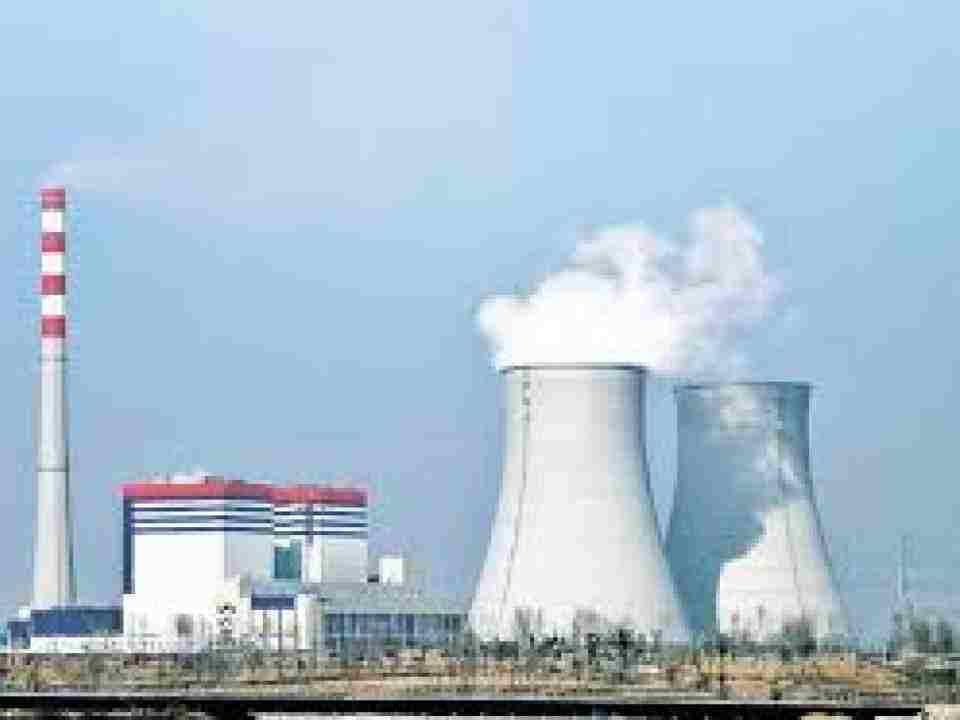- Courses
- GS Full Course 1 Year
- GS Full Course 2 Year
- GS Full Course 3 Year
- GS Full Course Till Selection
- MEP (Mains Enrichment Programme) Data, Facts
- Essay Target – 150+ Marks
- Online Program
- GS Recorded Course
- NCERT- First Ladder
- Polity
- Geography
- Economy
- Ancient, Medieval and Art & Culture AMAC
- Modern India, Post Independence & World History
- Environment
- Governance
- Science & Technology
- International Relations and Internal Security
- Disaster Management
- Ethics
- Current Affairs
- Indian Society and Social Issue
- CSAT
- 5 LAYERED ARJUNA Mentorship
- Public Administration Optional
- ABOUT US
- OUR TOPPERS
- TEST SERIES
- FREE STUDY MATERIAL
- VIDEOS
- CONTACT US
COP 28: A Step Towards a Sustainable Future
COP 28: A Step Towards a Sustainable Future
COP 28, held in Expo City, Dubai in the United Arab Emirates (UAE) in December 2023, was a crucial meeting focused on climate change. COP28, held from November 30 to December 12, 2023, in Dubai, United Arab Emirates, was a significant event for global climate change discussions. India played a pivotal role at this conference, showcasing its efforts in climate change mitigation and adaptation.
What is COP?
COP, or the Conference of the Parties, is a major event where countries from around the world discuss how to reduce the use of fossil fuels and help nations affected by climate disasters. under the United Nations Framework Convention on Climate Change (UNFCCC). The first COP was in Berlin, Germany, in 1995. These meetings happen every year in different countries.
Why is COP Important?
COP is important because it's where countries talk about how to deal with climate change. They look at reports from each country to see how well they are doing in reducing harmful gases that warm our planet.
How COP Presidency Works
The leadership of COP changes each year among different world regions. This way, various parts of the world get a chance to lead and show how they are fighting climate change.
Key Outcomes of COP 28:
- Ending Fossil Fuels: For the first time, COP officially said that fossil fuels (like oil and coal) are a main cause of climate change. However, the agreement didn't strongly demand an end to fossil fuels. Instead, it talked about slowly moving away from them, aiming for no more harmful gases by 2050.
- Loss and Damage Fund: A special fund was set up to help countries facing big disasters because of climate change. However, the money promised is much less than what's needed. Also, the World Bank will manage this fund, taking a large fee, which caused some concerns.
- Renewable Energy and Transitional Fuels: Countries agreed to use more renewable energy, like solar and wind power, by 2030. They also talked about using some temporary fuels, like gas, which are not ideal but better than other harmful options.
- Oil and Gas Decarbonization Charter: More than 50 oil companies promised to reduce their harmful gas emissions. They plan to cut down on methane gas, which heats the planet quickly, and stop burning extra gas by 2030.
- Global Stocktake: This was a check on how well the world is doing in reducing harmful gases since the Paris Agreement in 2015. Sadly, it showed that we are not doing enough to keep the planet's temperature from rising too much.
Other Key Points:
- Loss and Damage: Countries agreed to help nations facing severe climate problems, but details on how the fund will work are still unclear.
- Climate Finance: There was progress in planning how rich countries will help poorer ones deal with climate change, but the details will be discussed later.
- Adapting to Climate Change: COP 28 focused on helping countries adjust to climate changes, like planning for water security and restoring ecosystems.
- Fossil Fuels and Carbon Markets: The discussions included how to reduce the use of coal and the role of carbon markets, where countries can trade credits for reducing harmful gases.
- The Asian Development Bank (ADB) launched a Nature Solutions Finance Hub for Asia and the Pacific at COP28 which aims to attract at least $2 billion into investment programs that incorporate nature-based solutions, particularly focused on capital markets and other sources of private capital.
India’s Engagements at COP28:
- "Transforming Climate Finance”: Prime Minister Narendra Modi stressed the need for accessible climate finance for developing countries. He emphasized the importance of implementing Nationally Determined Contributions (NDCs) and welcomed the establishment of the Loss and Damage Fund and the UAE Climate Investment Fund.
- India has refused to sign the COP28 Declaration on Climate and Health.
- COP28 Declaration on Climate and Health is a voluntary, non-binding declaration that encourages nations to decarbonize their health sectors. - Launch of LeadIT 2.0: India and Sweden co-launched Phase II of the Leadership Group for Industry Transition (LeadIT 2.0), focusing on inclusive industry transition, technology transfer, and financial support to emerging economies.
- Co Hosting the ‘Green Credits Programme’: PM Modi, along with other world leaders, hosted an event on the Green Credits Programme. This initiative aims to incentivize environmentally friendly actions through Green Credits for activities like plantation on degraded lands.
- Side Event on Himalayan Region: At the India pavilion, a discussion was held on the vulnerability of the Himalayan Region to climate change and the need for ‘Climate Resilient Development’ in the Indian Himalayan Region.
India’s Initiatives and Statements
- Focus on the Himalayan Ecosystem: The importance of the National Mission for Sustaining the Himalayan Ecosystem (NMSHE) was discussed, emphasizing its role in understanding and adapting to climate change impacts on the Himalayas.
- Quad Climate Working Group (QCWG) Event: India organized an event focusing on localized climate action and released a publication highlighting India’s climate action journey from COP21 to COP28.
- Participation in Mangrove Alliance for Climate: Union Minister Shri Bhupender Yadav spoke at the Mangrove Alliance for Climate Ministerial Meeting, outlining India's holistic approach to conservation, including the MISHTI project for mangrove plantations.
- National Statement at COP28: Shri Bhupender Yadav reaffirmed India's commitment to a greener, cleaner planet and highlighted India's achievements in reducing emission intensity and increasing non fossil fuel based electric capacity.
- Renewable Energy Sector Support: The importance of lending to MSMEs in the Renewable Energy sector was discussed, emphasizing economic and environmental benefits.
Looking Forward: Now, countries need to act on their promises from COP 28. This includes using more renewable energy and making laws to reduce the use of harmful fuels. The success of these efforts will be crucial in fighting climate change.
Next COP: COP 29 will be held in Baku, Azerbaijan.
Conclusion: India's active participation at COP28 underlines its commitment to diverse strategies for sustainable development. With initiatives ranging from industry transition to the focus on the Himalayan ecosystem and local climate actions, India showcases its comprehensive approach to tackling climate change. The country continues to be a proactive player in the global climate discourse, focusing on collaborative and innovative solutions for a sustainable future.



